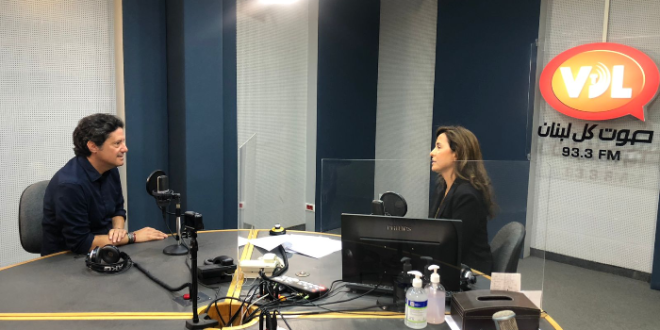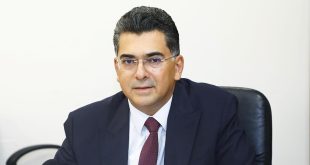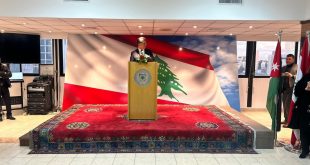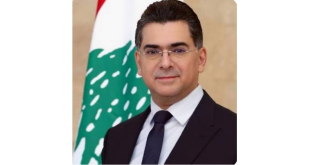Caretaker Minister of Information, Ziad Al-Makari, considered that “it is not possible to form a new government during this short period, for it is transitional with the approach of the presidential elections and various forces will struggle over it.”
Hence, he deemed that “reviving the caretaker government and giving it confidence once again is the best solution.”
The Caretaker Minister’s words came in an interview with “Radio Voice of All Lebanon” this morning, where he considered that “it is in everyone’s interest to form a government in which each party will have the greatest authority, because everyone is aware that there are no presidential elections.”
“Prime Minister-designate Najib Mikati provoked the Free Patriotic Movement by withholding the energy portfolio from it the cabinet lineup he presented,” Makari said.
On the relationship between the Marada and the Free Patriotic Movements, he considered that it “improved after the meeting that brought together the leaders of both Movements, namely Sleiman Franjieh and Gebran Bassil,” revealing underway contacts between the two sides.
Referring to the presidential elections, he indicated that “Franjieh, as well as Bassil, and Lebanese Forces Party Head Samir Geagea, and Army Commander Joseph Aoun, are all names proposed for presidency.”
Touching on the prevailing political situation, Makari stressed that “there is a system crisis,” explaining that “the Taif Accord may be the most appropriate system, but it has not been fully implemented.”
Regarding the daily living conditions of citizens, he said: “We would not have reached where we are if the judiciary had been transparent, non-politicized and worked seriously to combat corruption,” adding, “Until today, the judiciary has not detained anyone in one of the most corrupt countries in the world!”
Al-Makari believed that “the strikes will not reach a result as long as the country is bankrupt and the treasury is empty,” blaming the political structure for the current status quo.
He regretted that “everyone in Lebanon is waiting for the regional picture and its impact on the interior to crystallize, in addition to the Ukrainian war, which had a negative impact on Lebanon and delayed aid, for the country has become at the bottom of the European priorities.”
Referring to the Ministry of Information, Makari stressed his focused interest “on modernizing the institutions affiliated with the Ministry, including Lebanon TV, Radio Lebanon and the National News Agency and the Studies Department, especially since there is no possibility of new employment as a number of employees reach retirement age,” regretting “the inability to pump new blood into these institutions.”
In this context, he revealed a written plan that he will present to promote Lebanon TV, strengthen its human apparatus and introduce modern technology to it; however, its implementation is dependent on proper funding. He mentioned herein the efforts he is making with the Gulf countries to broadcast the World Cup match through Lebanon TV, “which will bring in a lot of money to the station.”
Al-Makari also touched on investing the Ministry of Information’s real estate in a number of areas to feed its affiliated institutions, specifically Lebanon TV, with a clear investment plan in place.
He commended “the continuous work of the Ministry of Information’s team, despite the extremely difficult circumstances,” saying: “This team, which I salute for every individual’s hard work, has never stopped working, and I see it exerting tireless efforts to ensure the proper functioning of the institutions affiliated with the Ministry since the beginning of the crisis.”
Prior to his radio interview, Minister Makari toured the various sections and studios of the “Voice of All Lebanon” Radio Station, where he had a closer look at its adopted modern technologies and work methodologies and praised its team for their commendable efforts.
NNA
 Lebanese Ministry of Information
Lebanese Ministry of Information



